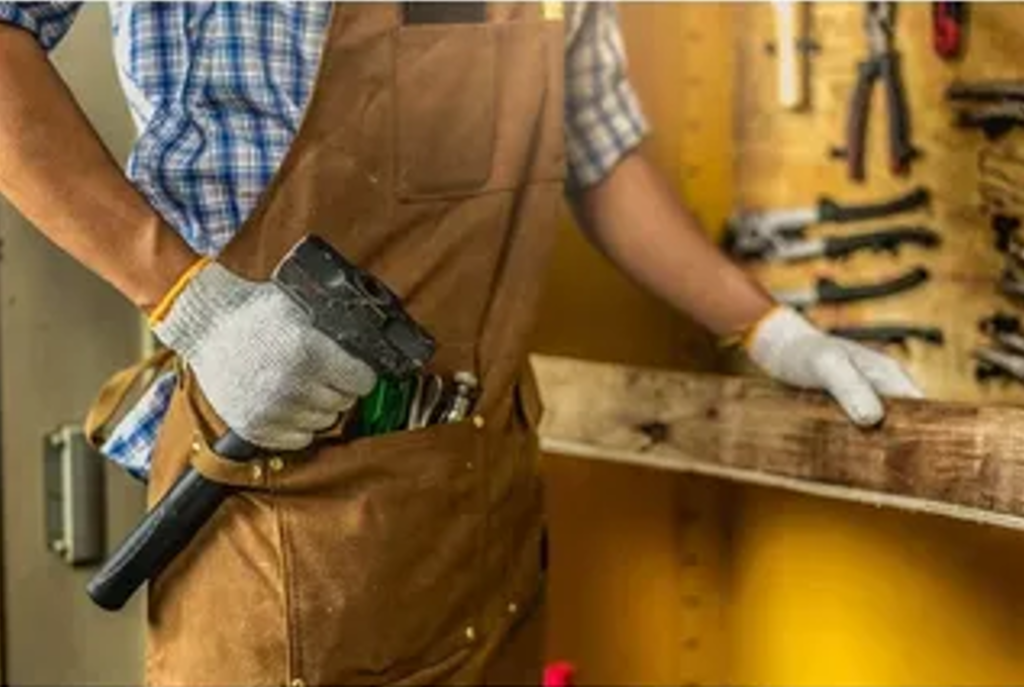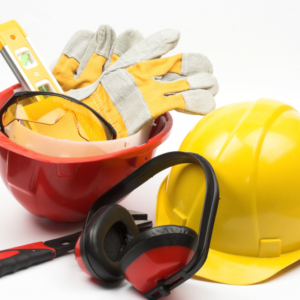Whether you’re a chef in a busy kitchen, a lab technician handling hazardous materials, or a craftsman in your workshop, choosing the right apron is crucial. The right apron protects you, enhances comfort, and helps you work more efficiently. But with so many options available, how do you choose the most suitable one? Let’s explore how to pick the perfect apron to protect yourself or your employees.
1. Define Your Work Environment: Where Will You Use It?
Choosing the right apron starts with understanding your work environment. Different settings have unique needs:
- Kitchen/Culinary Work: You need an apron that’s waterproof, stain-resistant, and easy to clean—perfect for dealing with spills and splashes.
- Industrial Jobs: For work involving heavy machinery, hot surfaces, or sharp tools, opt for aprons that are heat-resistant and durable.
- Medical or Lab Work: Working with chemicals or biological materials? Choose aprons designed to protect against splashes and contaminants.
Pro Tip: Identify the primary risks in your workplace to guide your choice of material and design.
_________________________________________________________________________________________________
2. Material Matters: Choose the Right Fabric for Protection
The material of your apron directly impacts its protection level, comfort, and maintenance. Here’s a quick guide:
- Cotton: Best for light tasks like cooking or cleaning. Breathable and easy to wash but offers minimal protection against heavy spills.
- Leather: Ideal for welding or metalworking. It’s durable, heat-resistant, and provides excellent protection against sparks and cuts but can be heavy.
- Synthetic Materials (Polyester, Nylon): These offer resistance to chemicals, stains, and water, making them perfect for industrial kitchens or workshops.
- Vinyl or PVC: Great for handling chemicals. These aprons are highly resistant to splashes and corrosive materials.
- Rubber or Neoprene: These materials provide heavy-duty chemical protection and are easy to clean, making them ideal for laboratories.
Quick Tip: Match the apron’s material to your job’s risks—don’t settle for “one size fits all.”
_________________________________________________________________________________________________
3. Design and Fit: Comfort and Coverage Matter
A good fit and smart design enhance safety and comfort. Key aspects to consider include:
- Full-Length vs. Waist Aprons: Full-length aprons offer maximum coverage, while waist aprons are lighter and better for quick tasks.
- Adjustable Straps: Ensure a comfortable fit for all body types with adjustable neck and waist straps.
- Pockets: Useful for holding tools or utensils, but too many can get in the way. Choose pockets based on your work needs.
- Cross-Back Straps: These reduce neck strain, especially if worn for long hours, making them a great ergonomic choice.
4. Durability and Maintenance: Choose an Apron That Can Keep Up
Durability and ease of maintenance are key, especially for high-usage aprons. Focus on:
- High-Quality Stitching: Reinforced stitching at stress points like pockets and straps helps extend the apron’s life.
- Easy Cleaning: Look for aprons that are easy to wipe down or machine-wash, especially in settings like kitchens or labs.
- Resistance to Wear and Tear: Consider the apron’s ability to withstand heat, chemicals, or sharp objects based on your job requirements.
Maintenance Tip: Regularly inspect aprons for signs of wear and replace them when necessary to maintain safety.
_________________________________________________________________________________________________
5. Compliance and Safety Standards: Don’t Overlook Safety Certifications
Different jobs have different safety standards. Make sure your apron meets the required guidelines:
- Food Industry: Ensure the apron is made of food-safe materials.
- Chemical Handling: Look for compliance with OSHA or other relevant safety standards for chemical resistance.
- Fire Resistance: In heat-exposed jobs like welding, choose aprons that meet fire safety standards.
_________________________________________________________________________________________________
6. Comfort is Key: Don’t Compromise on Wearability
An apron should protect but also be comfortable for long periods. Consider these comfort factors:
- Breathability: In hot environments, a breathable apron helps prevent overheating.
- Weight: Lightweight aprons offer comfort and mobility, but ensure they still provide the necessary protection.
- Freedom of Movement: Aprons should not restrict your ability to move, especially in jobs requiring bending or reaching.
Comfort Tip: Try on aprons before purchasing to ensure they meet your comfort and safety needs.
_________________________________________________________________________________________________
7. Budget and Brand Reputation: Invest in Quality
While cheaper options are tempting, investing in a high-quality apron can save you money in the long run by reducing replacements.
- Read Reviews: Check user feedback for insights on durability and comfort.
- Warranties: Brands that offer warranties show confidence in their product’s quality.
________________________________________________________________________________________________
Key Takeaways
- Identify Your Needs: Understand your work environment and the specific risks involved.
- Choose the Right Material: Match the fabric to your protection needs—whether it’s heat, chemical, or splash resistance.
- Prioritize Fit and Comfort: The right fit improves safety and makes wearing the apron more manageable.
- Invest Wisely: Choose quality over price to ensure longevity and protection.
Final Thoughts
Selecting the right apron is more than just picking a piece of protective clothing—it’s about ensuring safety, comfort, and efficiency on the job. By taking the time to choose an apron that meets your specific needs, you can protect yourself or your employees better, enhancing the overall work environment.


